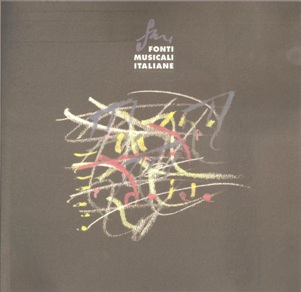The Commercial Court of Naples: documents fro the study of early XIX century theatrical activities
Abstract
During the first half of the XIX century, the Commercial Court of the Kingdom of the Two Sicilies was competent also to hear cases involving the performing arts, since public performances were then considered commercial activities. The records of the Court dealing with theatrical claims include judgements which are often incomplete and sometimes even contradictory; the rules in such matters were, in fact, based on precedents established by contracts drawn up between impresario and government. In addition, the Court of Commerce was often called upon to settle claims for financial damages arising from breach of contract: controversies over artists' fees, over the definition of the relations between the impresario and representatives of the various trades, over management changes or sub-contracting.
A significant action was brought at the expiration of the contract for managing the Reali Teatri Napoletani (1819-1822). From the court records it is possible to reconstruct the terms and conditions of the partnership between Domenico Barbaja, Isabella Colbran, Antonio Niccolini and Gioachino Rossini and, in particular, the role of the Pesaro composer himself. The collection of records of the Neapolitan Courts also provides information on the frequent lawsuits brought by artists and theatre staff against impresarios, especially in the case of the Teatro San Carlo and of the Teatro del Fondo di Separazione. The artists apply to the courts in connection with all sorts of problems, from disputes on the correct interpretation of contractual conditions to complaints concerning periods of illness, unpaid fees, allotment of lodgings, etc.
The proliferations of music publishers in Naples, each intent on defending his own interests, led to violent disputes concerning protection of rights acquired through printing monopolies. Exemplary in this connection are the proceedings for establishing effective ownership of Donizetti's opera Roberto Devereux.
The monograph ends with an appendix containing the transcription of a number of documents concerning the most significant court cases.
##submission.downloads##
Pubblicato
Fascicolo
Sezione
Licenza
© CIDIM
Tutti i diritti riservati


